Where to Get the Most Reliable Information On Portal Hypertension?

Table of Contents
Blood pressure (BP) is a widely known term. It is defined as the pressure exerted by blood on the walls of arteries due to the contraction and relaxation of the heart. When this pressure increases to abnormal levels and stays high for a long period of time, it is described as high blood pressure or hypertension. There is also another type of blood pressure that is relatively lesser known, which is Portal Hypertension.
What Is Portal Hypertension?
The liver is one of the critical organs in our body and performs many functions such as making carbohydrates, fats & proteins, synthesizing bile to digest food, filtering out toxins and other waste matter that the digestive organs deposit in the bloodstream.
Due to this workload, the liver requires a lot of blood supply. As opposed to other organs in the body, the liver receives almost 75 % of this blood supply from the venous system through the portal system. Blood vessels from the stomach, small intestine, pancreas and spleen come together and form the portal vein, which delivers nutrients and chemical building blocks to the liver.
The portal vein carries blood from the stomach, pancreas, and other digestive organs to the liver. Arteries carry oxygen-rich blood from the heart to the organs, muscles, and other tissues. Portal vein differs from other veins in that most veins carry blood back to the heart, except for the portal vein, which carries blood to the liver.
When pressure increases in the portal system, including the portal vein and the tributary veins, the condition is termed as portal hypertension. Normally the pressure within the portal system is not measured unless there is an illness or disease that makes the flow of blood through the liver tissue difficult. This increases the pressure inside the portal system and can impede liver function.
What Causes Portal Hypertension?
Portal hypertension occurs when the pressure rises in the portal vein and obstructs the flow of blood through the liver. This obstruction can be intra-hepatic or within the liver, pre-hepatic or post- hepatic.
The intra-hepatic causes for portal hypertension include Cirrhosis and Hepatic fibrosis or scarring. Whenever the liver is damaged, it tries to heal itself which causes formation of scar tissue. But too much scarring makes it harder for the liver to do its job. Many other diseases can cause cirrhosis, which is the main cause of portal hypertension, such as-
- Hepatitis B & C infection
- Non-alcoholic Fatty Liver disease
- Cystic fibrosis
- Wilson’s disease
- Hemochromatosis or excess iron build up
- Primary sclerosing cholangitis or hardening of the bile ducts
- Biliary atresia or poorly formed bile ducts
- Reactions to medications such as methotrexate
- Parasite infections such as schistosomiasis
- Alcohol abuse
Pre-hepatic Causes Of Portal Hypertension
- Portal vein thrombosis or blood clots within the portal vein
- Congenital portal vein atresia or failure of the portal vein to develop
Post-hepatic Causes Of Portal Hypertension
Post-hepatic portal hypertension is caused due to obstruction of blood flow from the liver to the heart and can include
- Hepatic vein thrombosis
- Inferior vena cava thrombosis
- Restrictive pericarditis, where the lining of the heart stiffens and does not allow the heart to relax and expand when blood returns to it. Causes may include tuberculosis, fungal infections, tumors, connective tissue disorders (for example, scleroderma), and complications from radiation therapy.
What Are The Symptoms Of Portal Hypertension?

- Varices Or Enlarged Veins In the esophagus, stomach, around the umbilicus, anus and rectum
- Esophageal And Gastric Varices(Accompanied by blood in vomits and in stools) or upper gastrointestinal bleeding (black, tarry stools)
- Ascites Buildup of fluid in the stomach which can also cause cramps, bloating, and shortness of breath
- Hepatic EncephalopathyBuild-up of waste products that liver finds difficult to filter, which can cause lethargy or confusion
- Splenomegaly Enlargement of the spleen, which can cause anemia and thrombocytopenia (low platelet count in the bloodstream)
- Decreased White Blood Cell Count A consequence of portal hypertension
Portal Hypertension Diagnosis?
As the pressure in the portal veins is not measured under normal circumstances, unfortunately, portal hypertension is only diagnosed after some complications occur. Also, portal hypertension is difficult to diagnose if symptoms aren’t obvious. In case the patient has ascites or gastrointestinal bleeding, the doctor will look if they have portal hypertension.
The diagnosis of portal hypertension is done by
- Blood tests
- X-rays
- Doppler ultra sound (can reveal the condition of the portal vein and how blood is flowing through it)
- CT or MRI scans
- Elastography (measures the elasticity of the liver and surrounding tissue. Poor elasticity may suggest presence of disease)
- Endoscopy (to check for gastrointestinal bleeding)
- Checking portal vein blood pressure
What Is Portal Hypertension Treatment?
Generally, the treatment for portal hypertension is targeted at preventing complications. These include
- Lifestyle changes such as healthy diet, regular exercise and no smoking
- Treatment of alcohol related problems and recommending total avoidance of alcohol
- Avoiding over the counter medicines that contain acetaminophen (Tylenol etc.) as they can cause liver damage
- Limiting salt intake to prevent further ascites fluid accumulation
- Restricted protein intake as increase in protein can affect the liver’s ability to synthesize and may lead to hepatic encephalopathy
- Prescribed medications such as beta-blockers, nitroglycerin, lactulose , propranolol and isosorbide (may help lower the pressure in the portal vein and risk of internal bleeding)
- Sclerotherapy or banding that uses a solution to help stop bleeding in the blood vessels of the liver
- Endoscopy to band or tie off varices in the esophagus to prevent life threatening bleeding
- TIPSS procedure (Transjugular Intra-hepatic Portosystemic Shunt) to decrease the pressure within the portal system and control acute bleeding
- In extreme cases, if portal hypertension and liver dysfunction become bad enough, then a liver transplant may be needed
What Are The Complications Of Portal Hypertension?
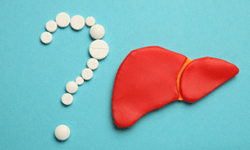
- Portal hypertensive gastropathy (affects the mucus membrane of your stomach and enlarges blood vessels)
- Gastrointestinal bleeding from varices
- Ascites (buildup of fluid in the stomach)
- Hepatic encephalopathy (buildup of waste products)
- Splenomegaly (causes anemia, low white blood cell counts and low platelet counts)
The damage done by cirrhosis cannot be reversed but portal hypertension can be treated. A combination of a healthy lifestyle (avoid alcohol), medications (follow the doctor’s instructions and schedule regular appointments), and interventions with regular Follow-up ultrasounds to monitor the health of the liver can help keep portal hypertension in check.
Note of caution: This article is for information purpose only. Always consult your doctor before altering any diet plans, medications or in case of any other blood pressure related troubles.
Disclaimer
The information contained in this article is to educate, spread awareness in relation to hypertension and other diseases to the public at large. The contents of this article are created and developed by BPinControl.in through its authors, which has necessary, authorisations, license, approvals, permits etc to allow usage of this articles on The Website. The views and opinions expressed in this article are views, opinions of the respective authors and are independently endorsed by doctors. Although great care has been taken in compiling and checking the information in this article, The Website shall not be responsible, or in any way liable for any errors, omissions or inaccuracies in this article whether arising from negligence or otherwise, or for any consequences arising therefrom. The content of this article is not a substitute for any medical advice. The Website shall not be held responsible or liable for any consequence arising out of reliance on the information provided in the article.

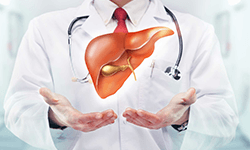
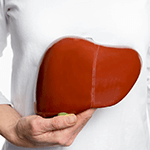
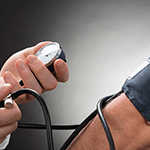
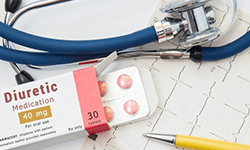
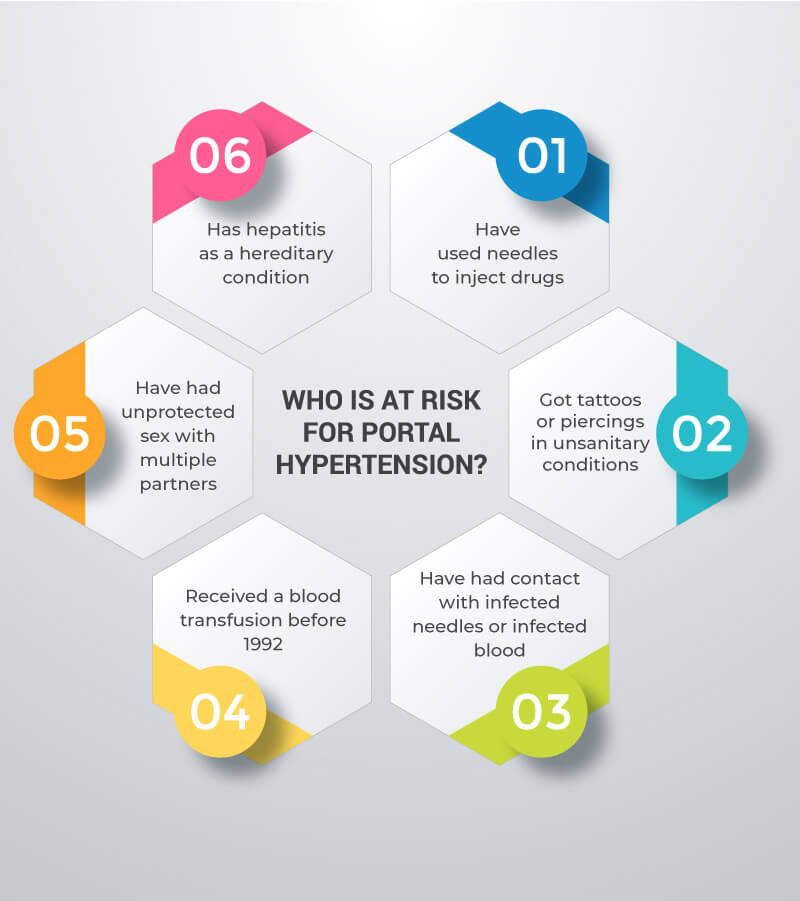

Comments (0)
No comments found.Add your comment